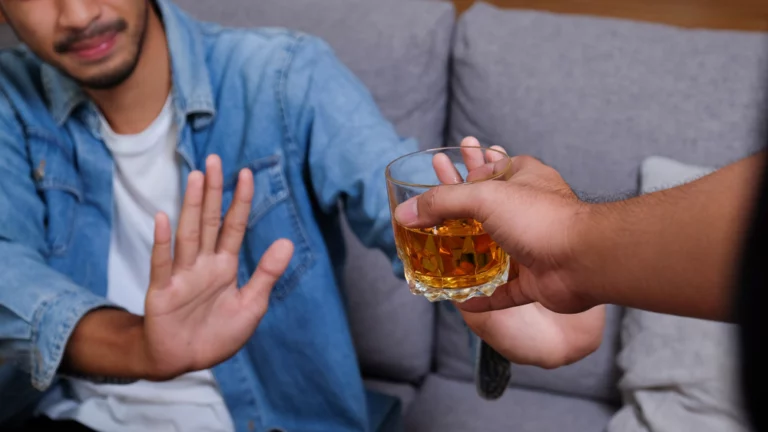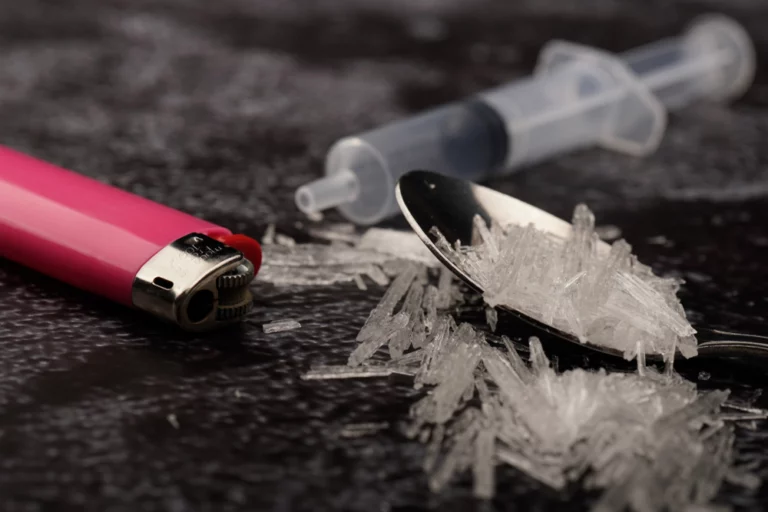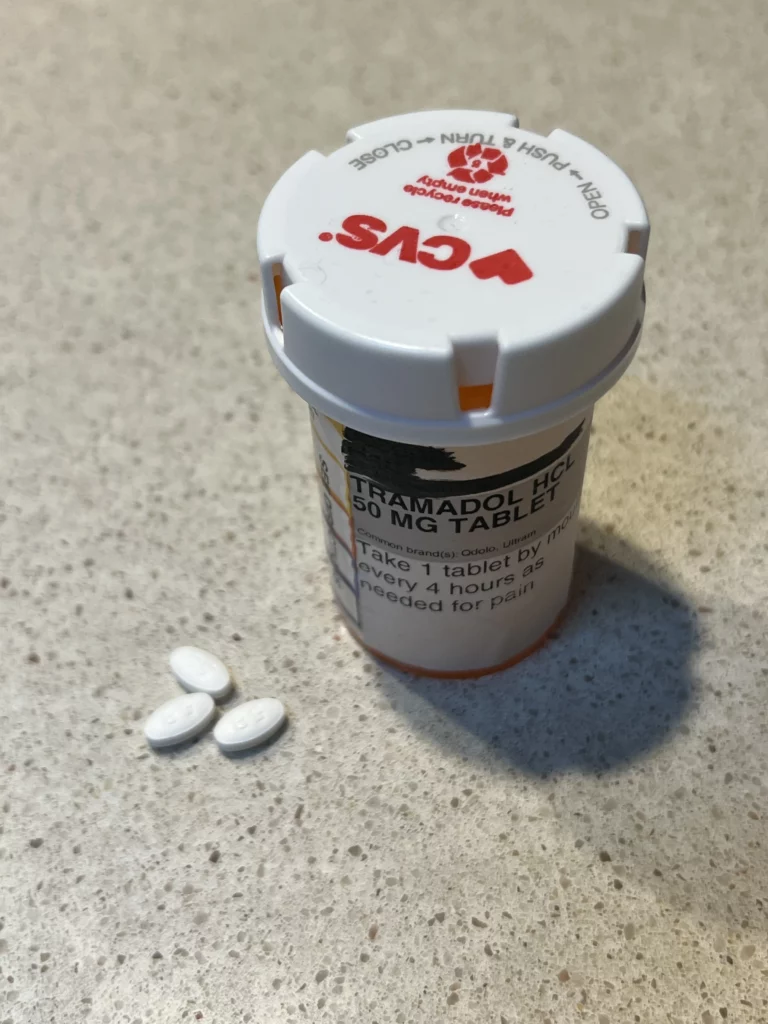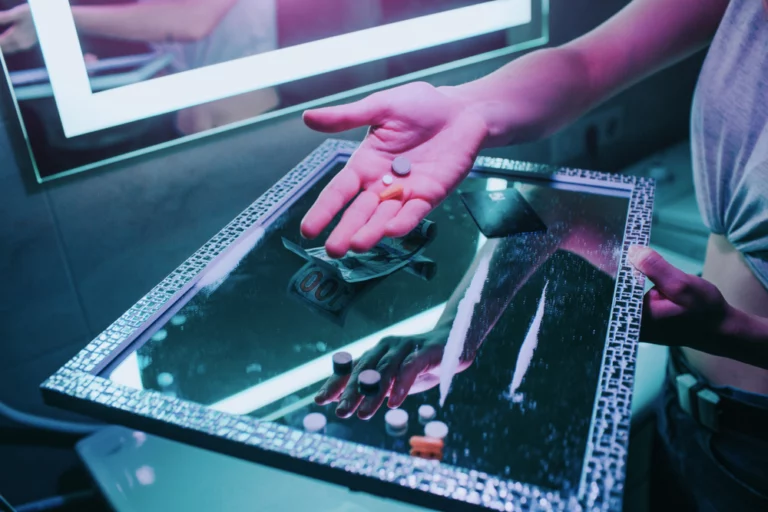Choosing to white knuckle sobriety describes powering through an anxious or scary situation (such as riding a roller coaster). Deciding to white knuckle sobriety means someone is trying to stop drinking or using drugs through willpower alone. While it may sound doable, this article will discuss the risks of white knuckling sobriety and the benefits of professional treatment.
White Knuckle Sobriety: Addressing Drug & Alcohol Use Through Sheer Will
Addiction treatment professionals, along with many people in recovery, are familiar with the concept of white knuckle sobriety. They stress that attempting to remain sober through sheer force of will is difficult for the vast majority of those struggling with addiction. While some people find this method effective, it can be dangerous, especially if you regularly use substances. There are other safe, proven, and effective ways to address alcohol and drug use that aren’t as reliant on individual motivation. Importantly, if you try to sober up without any form of therapy, you won’t address the underlying factors that lead to your addiction.

Connect With Us Now
Reach out to us now for immediate support, or let us know the best time to contact you through our confidential callback service. Your journey to healing is just a conversation away.
Why Would Someone Attempt to White Knuckle Sobriety?
Many people who struggle with addiction initially try to get clean without treatment or formal detox. A few are successful in their endeavors. However, most will quickly relapse. There are several reasons people try to attempt white knuckle sobriety. For example, some may get stuck while recovering and fail to make lasting changes. This happens when a person treats recovery as just a detox process without developing healthier coping mechanisms to deal with life’s challenges.
Some who complete a medical detox may feel no further effort is needed and don’t put more energy into sobriety. People should approach treatment as an ongoing process that evolves and changes as they do. Those who decide to abandon any commitment to a formal recovery process may end up deciding to white knuckle sobriety for a while before relapsing.
When it comes to getting sober, you must do it for yourself, not for anyone else. If you are abstaining from alcohol or drugs because of a partner or someone else, you’ll not only resent their reasons but also lose motivation. Your reluctance will likely cause you to view your sober journey in a negative light. Not only will this cause tension in your relationship, but it will also increase your chances of relapse.
What Is Terminal Uniqueness?
Terminal uniqueness is a belief that your particular situation with substance abuse is unique when compared to others and treatment programs don’t work for you. Many people who white knuckle sobriety also struggle with feelings of terminal uniqueness. Instead of following effective methods that have worked for countless others, you may try to figure things out “your way” and create a different approach. Unfortunately, this usually fails.
How Do People Who White Knuckle Sobriety Feel?
Those who accept their addiction and embrace formal recovery find themself in a place of acceptance. They successfully cultivate a positive mindset and healthy coping mechanisms they can use to maintain sobriety. When you participate and stay engaged in the recovery process, you’ll view sobriety as a positive, life-enhancing experience.
On the other hand, some people remember only the good times they had while using drugs or drinking. This yearning for their old lives gets in the way of inner growth and is called “euphoric recall.”
Many people who attempt recovery alone have a hard time with anger. This anger manifests by blaming other people for their misery since they cannot drink like other people do. If left unaddressed, this anger allows negativity to spill over into other areas of their life.
Read more: How Long Does It Take To Rewire The Brain From Addiction?

Why Deciding to White Knuckle Sobriety Is A Bad Idea
Everyone’s sobriety journey is different, but specialists advise against ever trying to get sober alone. One reason is there is a greater likelihood of switching from one addiction to another (such as using marijuana in place of alcohol). They may also continue to feel angry about being sober without getting to the root cause of their feelings.
The chances of relapse are much higher, too. Studies show up to 60 percent of those who are in recovery will relapse at some point. These odds make it even more necessary to forgo white knuckle sobriety attempts in favor of structured rehabilitation programs. While you might be able to stay away from alcohol and drugs for a little while, the odds aren’t in your favor.
White Knuckle Sobriety Vs. Dry Drunk
Those familiar with 12-step programs have likely heard the term “dry drunk.” Being dry drunk is quite similar to deciding to white knuckle sobriety. While white knuckle sobriety refers to an attempt to get sober on one’s own accord, a “dry drunk” is someone who has the same attitude and engages in the same habits they did before getting sober. This mindset can leave too many cracks open to relapsing. Having dry drunk syndrome can impede your sobriety journey, making it more challenging to create lasting habits for change. However, not everyone who decides to white knuckle sobriety will qualify as being dry drunk.
Take Our Addiction Quiz for Recovery Insights
Signs It’s Time To Get Help for Alcohol & Drug Use
It can be challenging to determine whether or not someone has a substance use disorder, especially when signs are subtle. Some drug users are high-functioning and hide the extent of their consumption, which also makes it harder to detect. Some signs of problematic drinking include:
- Flushed skin or unexplained bruising
- Memory loss or blackouts
- Inability to handle responsibilities due to hangovers
- Risky behavior when drinking
- Avoiding situations where alcohol isn’t available
- Failure to control the amount of drinking
- Concealment and lying about alcohol
- Hostility when questioned about drinking
While these are the most common symptoms, everyone’s situation differs. If you notice a significant change in mood and behavior along with health, social, or financial problems stemming from drinking, it may be time to seek help.
Are You Covered For Treatment?
Oasis Recovery Center partners with numerous private insurance providers. Our team is committed to assisting you in quickly and effortlessly verifying your insurance coverage for treatment.
What Treatment Methods Are Available for Addiction?
There are many options available to help you or your loved one successfully quit drinking or using drugs. While everyone’s journey is unique, recovery is an ongoing process that lasts a lifetime. Each part offers you the opportunity to overcome your addiction, improve your mental health, and develop coping mechanisms to help you move forward.
Medical Detox
Medical detox marks the beginning of your journey and is the initial stage in addiction treatment programs. Depending on the scope of your addiction, medically supervised detox can prevent the onset of life-threatening and severe withdrawal symptoms. Medical detox will help you safely and comfortably manage withdrawal symptoms while allowing you to transition into addiction care. Because there is no “one-size-fits-all” solution, there are several programs you can transition into.
Residential Treatment
People who need intensive addiction treatment can benefit from a residential or inpatient program. This full-time and highly personalized program meets the most essential initial recovery needs, including relapse prevention plans, trauma and mental health screening, and behavioral therapy. Residential addiction treatment programs are typically 30 to 45 days and include around 7 hours of daily treatment.
Dual Diagnosis Treatment
If you are struggling with drug or alcohol abuse and a co-occurring disorder, dual-diagnosis treatment programs can help you address both. Dual diagnosis treatment usually includes several therapeutic interventions and skill-building activities, though programming highly depends on each client. Behavioral and holistic therapies address the psychological, spiritual, and physical needs of each individual while helping them reclaim their voice and power over substances.
Therapeutic Nutrition
What you eat has an impact on your physical and mental health. Many individuals who enter recovery are nutritionally deficient in various ways due to addiction. These deficiencies can make recovery difficult, so consuming healthy, nutritionally dense meals is important. Therapeutic nutrition and holistic exercises combine healthy meal planning and nutritional support with mindful meditation, yoga, and other activities to help you heal and nurture your physical and mental health.
Aftercare Preparation, Treatment, and Support
Upon completion of a residential treatment program, many clients transition into sober living homes or other types of ongoing treatment opportunities. While finishing a residential treatment program is a significant accomplishment in recovery, it is just the first step to maintaining long-term sobriety. As you work the program, your team of specialists will help you develop a solid aftercare plan.
You will be encouraged to continue treatment after your departure, whether through a sober living facility, intensive outpatient therapy, 12-step programs, individual counseling, or a combination of other methods. The longer you receive professional help for your addiction, the better your chances of remaining sober.
Read more: Addiction Vs. Obsession: 10 Common Examples
You Don’t Have to White Knuckle Sobriety: Professional Addiction Treatment in Knoxville, TN
You don’t have to struggle with a white knuckle sobriety approach. If you or someone you know is struggling to get sober on their own, contact Knoxville Recovery Center. Our residential addiction treatment program is perfect for individuals who aren’t prepared for withdrawal symptoms and don’t have the skills or coping mechanisms needed during early recovery. We also offer medical detox, therapeutic nutritional programs, and aftercare support. Call, email, or fill out an insurance verification form today to get started or learn more.








